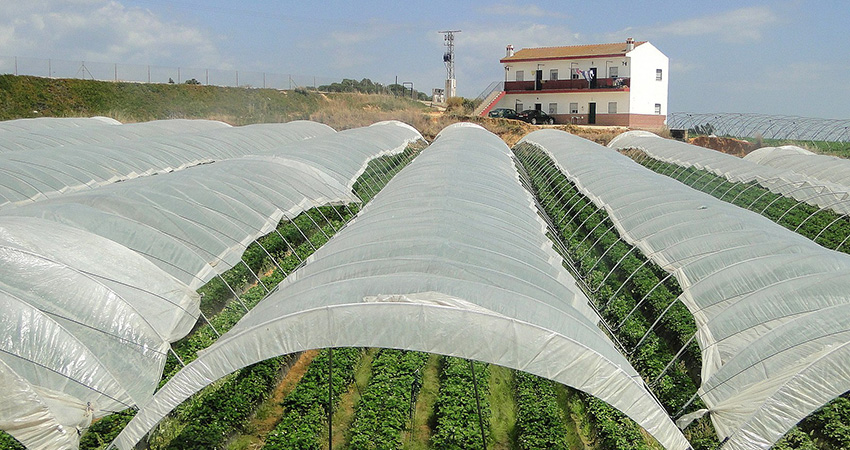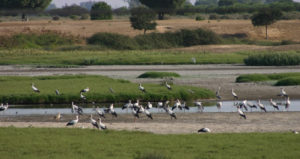Spain invests in recovery wetlands Coto Doñana

-
 Fergal MacErlean
Fergal MacErlean
Share article:
Spain’s government recently announced a hydrological restoration plan and 356 million euro investment for Doñana National Park, which has been broadly welcomed by environmental groups. Already more than twenty years ago scientists and environmentalists sounded the alarm over threats to Europe´s most important wetlands in Doñana, south-western Andalucía. This summer its last surviving permanent freshwater lagoon in the park dried up.
The investments includes measures such as the reduction of groundwater extractions and the recovery of surface hydrology. In addition, to improve the supply, sanitation and treatment systems, the Government of Spain plans to invest more than 2,000 million euros in 260 works in the Andalusian basins in the 2022-2027 period.
Vital for birds
The national park, created in 1969, is vital for six million migratory birds on their African-European flightpath and as a wintering site for half a million waterfowl. Back then, farmers in Huelva, where Doñana National Park is largely located, grew olives and crops suited to the arid environment surrounding the marshlands
Strawberry industry
But in the 1980s, strawberry cultivation took off, with farmers using much more water to irrigate thousands of hectares of polytunnels. Warnings about drawing groundwater from the same aquifer that the wetlands depend upon were ignored. Half of this intensive extraction is illegal with 1,000-2,000 unauthorised boreholes. In 2020 the European Commission took Spain to the European Court of Justice for over-abstraction of the aquifers.
Reduced water flows
Today Huelva produces three quarters of Spain´s strawberries. Known as ‘red gold’, the industry exported 350,677 tons of the fruit last year, worth 1.21 billion euros. In 2020, the aquifer was officially declared overexploited. The marshlands have also seen surface water flows cut in half and their area reduced from 150,000 hectares to just 30,000 as naturally flooded land has been cultivated, with waters diverted.
Politics
Compounding the problems, of course, is the lack of rainfall in recent years which is estimated to account for half of the wetland’s water shortage. The far-right party Vox lodged a recent bill to legalise 1,461 hectares of irrigated land near the Doñana National Park. This amnesty for illegal irrigation is practically identical to a bill lodged by Spain´s main opposition party, the Partido Popular, with Vox and another party earlier this year during a campaign for regional elections in Andalucía.
Court ruling
After a warning by Unesco, which awarded Doñana World Heritage Site status in 1994, the European Commission threatened to file a complaint before the European Court of Justice and impose economic sanctions. The same court ruled last year that Spain had failed in its duty to protect the wetlands, in part by allowing aquifer water to fuel the growth of nearby beach resort Matalascañas. The government faces a hefty fine unless it takes actions to preserve the ecosystem. The new hydrological restoration plan will allow crucial watercourses to reconnect to Doñana and the recovery of marshland to its north.
Critical situation
In a statement WWF Spain said: “Doñana is in a critical situation; water theft and overexploitation continue to be the main problems threatening this unique space in the world.” The environmental group said it must be ‘a priority’ for the regional Andalucía to close all of the illegally irrigated farms and called for an extension of the national park to include the northern marshlands and other areas. WWF Spain added: “It is necessary to implement new hydrological restoration actions in Doñana, with a clear objective: to effectively recover the quantity and quality of water supplies to the marshes.”













